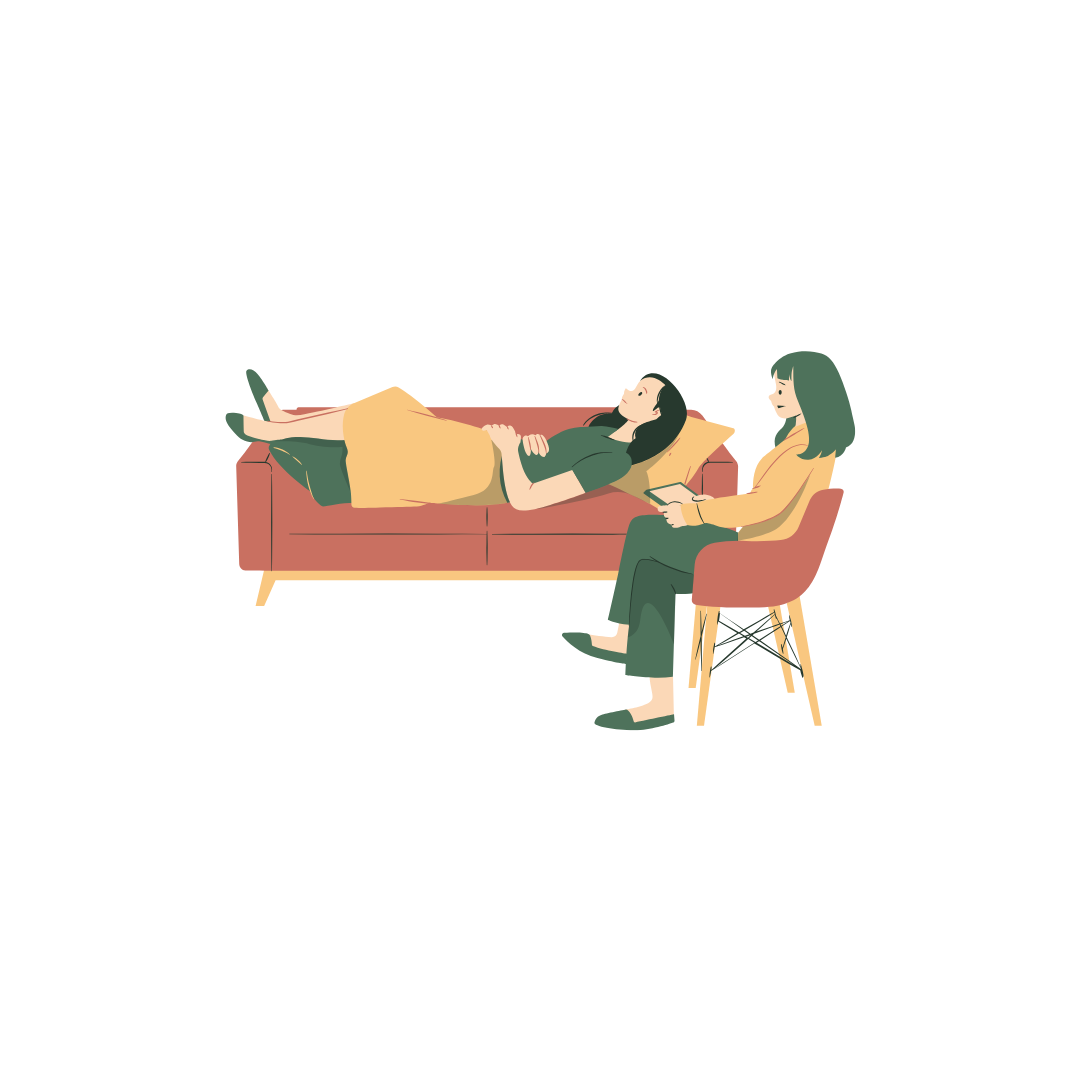OCD and Themes
Those with OCD have to struggle with unwanted, intrusive thoughts or obsessions that often revolve around specific themes. Following these intrusive thoughts, those who struggle with OCD will often partake in repetitive behaviors or compulsions that are also related to specific themes. The main theme of intrusive thoughts that a person is struggling with may change over time, and many people with OCD experience multiple themes of intrusive thoughts at once.
What Can Help?
In ERP or Exposure and Response therapy, which is often very effective for people with OCD, you have to work through these themes with a specialist or counselor. When you have these intrusive thoughts, there is a root fear behind them which causes a person with OCD to feel anxiety. In ERP therapy, people figure out what this root fear is, and with a therapist or specialist, they confront their root fears by exposing themselves to situations that trigger obsessive or intrusive thoughts, while trying not to engage in compulsions that would alleviate anxiety. This process slowly retrains your mind to be able to cope with anxiety caused by intrusive thoughts, while not engaging in compulsions.
From first-hand experience, I know how hard it can be to face those intrusive thoughts. I didn’t want to accept the themes of my intrusive thoughts because I thought it made me a bad person. It was hard for me to retrain my brain to not engage in compulsions, and most of the time it was terrifying to just sit with my anxiety. For me, retraining my brain was a long, hard process, but it paid off in the end.
Finding the root fears in the themes of intrusive thoughts I was having was so important for me. Addressing the root fear gave me the chance to understand where my intrusive thoughts were coming from, and I no longer felt crazy, or helpless. With gradual exposure to these fears, I was able to challenge the validity of my intrusive thoughts. Over time, my intrusive thoughts started to have less and less power over me.
Trust me, I know that most times when people have intrusive thoughts, they want to push them down and try to forget about them. Especially if the theme of the intrusive thought is uncomfortable to think about. This only gives intrusive thoughts more power over you and heightens your anxiety, when faced with these intrusive thoughts. These intrusive thoughts start to give you less anxiety when you sit down and face them. Think about the root fear of your theme of intrusive thoughts. Remember that these thoughts do not reflect who you are as a person, but they reflect what you are against and what you fear. When you challenge these thoughts, you give them less power.
Thank you for reading!

